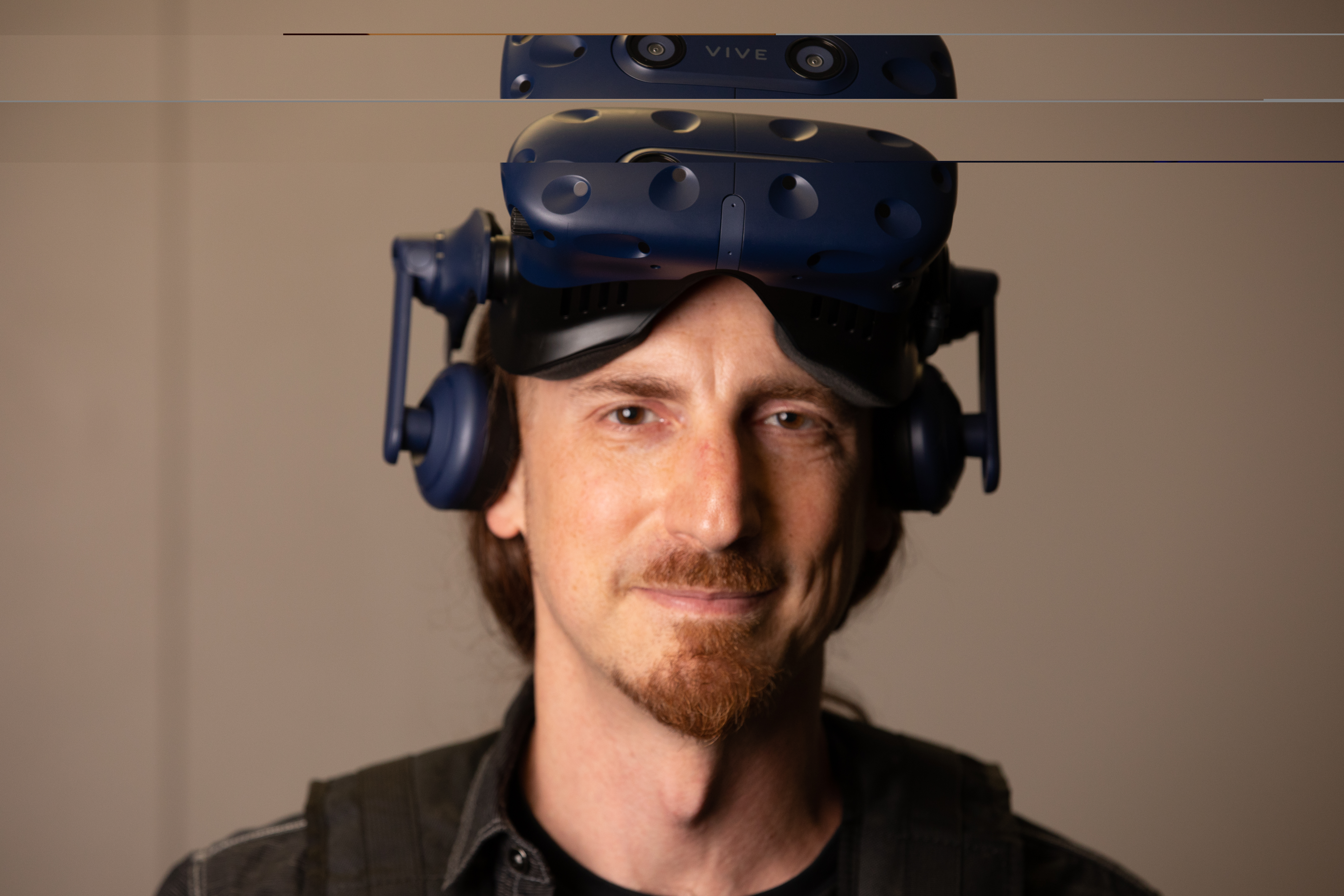"The Dream of Haptics: The Cultural and Scientific Quests to Digitize Touch"
The rise of new haptic feedback devices for virtual reality has prompted a wave of speculation about the possibilities of extending touch into virtual worlds, with a spate of popular press articles predicting that we are on the cusp of a widespread adoption of haptic gloves and bodysuits. The 2018 release of Steven Spielberg's Ready Player One, which featured a full-body haptic bodysuit prominently throughout the film, further fueled these speculations, as journalists compared the technology depicted in the film to the Teslasuit, a haptic bodysuit launched on Kickstarter in 2016 that uses electricity, vibration, and temperature to simulate tactile experience. However, this current obsession with touch technologies was preceded and foregrounded by earlier attempts at using technology to transform touch. Researchers in this earlier tradition sought to counter the visuality of twentieth century media systems by providing touch with its own set of tools for capturing, storing, and transmitting tactile experience.
In this talk, I explore the liberatory and utopian hopes mobilized around haptics, situating the present hype cycle as part of longer trajectory in the cultural life of technologized touching. My aim is to show how the successful proliferation of haptic interfaces requires not only the invention of new and increasingly complex forms of touch technology, but also--and perhaps more crucially—the cultural production of desire for haptics itself. Haptics companies, in advertising their products, seek to produce this desire for digital touch through a sustained critique of visualist interfaces that positions haptics as an ameliorative corrective to a purported crisis of touch.
David Parisi is Associate Professor of Emerging Media in the Department of Communication at College Charleston. He received his Ph.D. from New York University’s Department of Media, Culture, and Communication, and holds an M.A. in Political Theory and a B.A. in Political Science, both from the University at Albany.
Dr. David Parisi’s research investigates the past, present, and future of touching with digital technologies. His new book Archaeologies of Touch: Interfacing with Haptics from Electricity to Computing (University of Minnesota Press, 2018) explores the technological transformations of touch necessary for the invention of touch-based computer interfaces. Opening with an examination of touch’s role in apprehending the mysteries of eighteenth century electrical machines, and closing with an analysis of new computing technologies that digitally synthesize haptic sensations, Archaeologies of Touch traces the iterative development of a technoscientific haptics across four centuries. Along the way, he shows how electric shock, experimental psychology, cybernetics, aesthetics, telemanipulation robotics, and virtual reality each participated in a reconceptualization of touch necessary for its integration into contemporary computing technologies. His research on tactility has been featured in forums such as The Wall Street Journal, Vice, Playboy Magazine, Computer Business Review, and Public Seminar.
As a leader in the emerging field of Haptic Media Studies, Dr. Parisi’s scholarship urges media scholars to reflect on touch’s importance to new and old media alike. Through his contributions to the fields of media archaeology, Video Game Studies, Sensory Studies, cybersex, and media history, Parisi has advanced a haptocentric account of media that brings increased attention to this long-neglected mode of experience. Bringing his previous research on haptics and together with his work on video game interfaces, Parisi’s next book will provide a history of the rumble feedback mechanism used to add touch sensations to video games.


